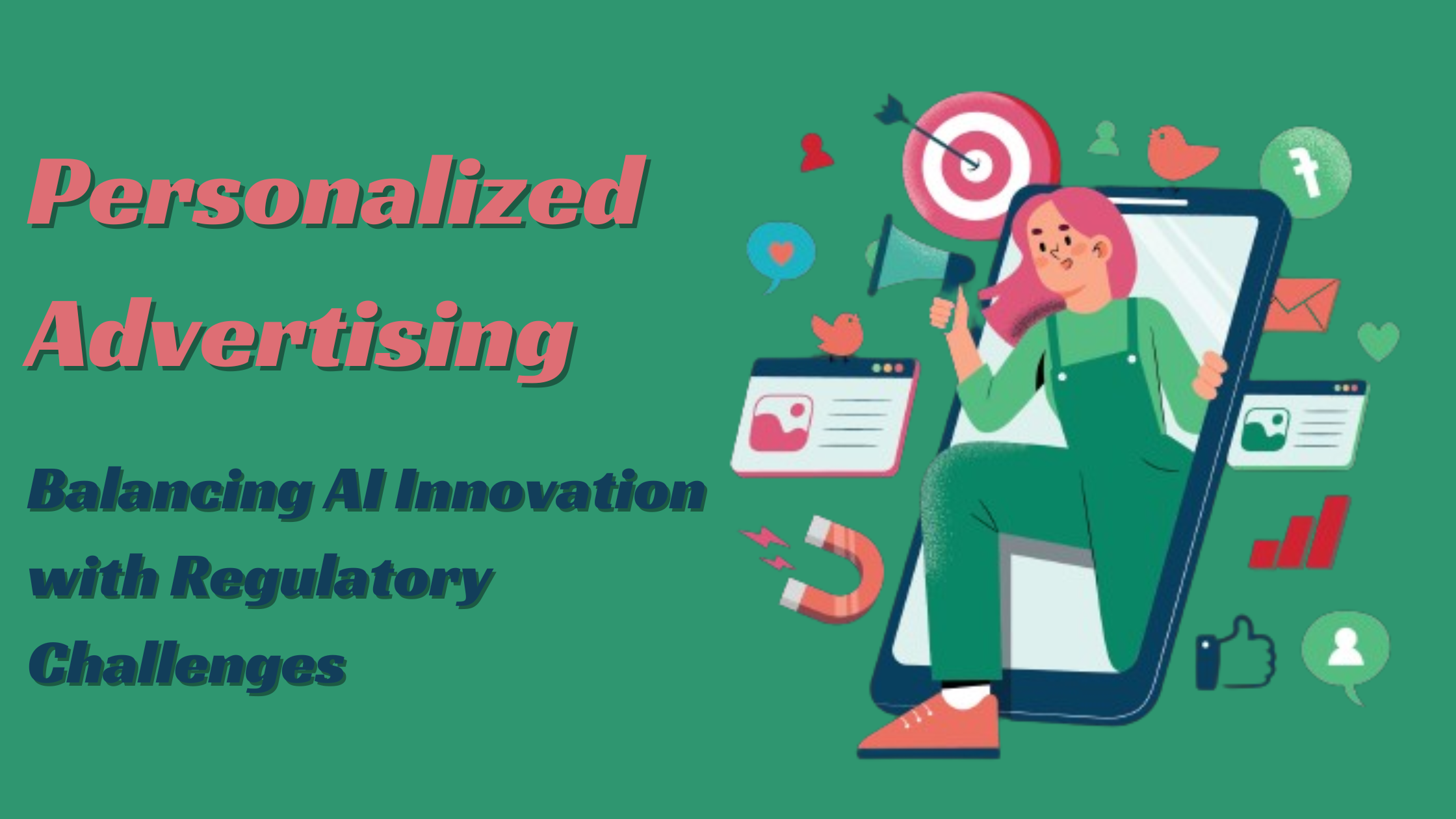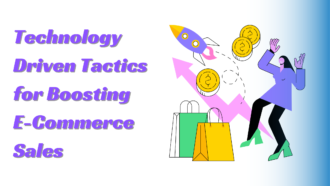Personalized Advertising: Balancing AI Innovation with Regulatory Challenges
Recently, the digital advertising sphere has faced several hassles with the impending deprecation of third-party cookies, spearheaded by tech giant Google. Initially, they set to bid farewell to these cookies, but Google Chrome’s unexpected update in June to extend the lifespan until 2023 brought temporary relief to the stakeholders. However, the underlying challenges persisted.
According to a 2022 study by the National Association of Broadcasters (NAB) and Borrell Associates, this situation has very bad financial effects. U.S. stations could lose $2.1 billion yearly, 6.3% of all the money they make from digital ads. The ramifications for publishers are even more dire, with estimates projecting potential losses amounting to a whopping $10 billion without third-party cookies, according to an IAB and McKinsey Report.
Many TV and radio leaders aren’t doing anything about cookies going away soon, even though they know bad things will happen. Shockingly, only 27% of broadcasters have dedicated teams actively working on transition plans, as revealed by the NAB report.
Brain Wilson, Vice President of Media Acquisitions at Epsilon, talks about the problems with third-party cookies and how they make it easier for bias to creep into data collection. “But third-party cookies have issues. Third-party cookies cause blind spots in the data publishers have available. It is possible to have a strong first-party data plan, and we often talk to publishers who think it will help them more.
As more businesspeople recognize the importance of first-party data strategy, many consider this. The problems are already big for people who don’t know where to begin.
The EU’s AI Act and Its Implications
Regulatory action makes things even more complicated in a world that is already very unstable. The EU suggested the AI Act in April 2021 to deal with the issues brought up by fast technological progress and to lower the risks linked to AI. But when ChatGPT came out in December 2022, it greatly slowed the voting process. The General Data Protection Regulation and the AI Act limit how ML and AI can be used, especially when gathering personal user data. New rules have been added to this regulatory system to keep up with the constantly changing nature of digital advertising.
It’s important to remember that by 2025, 80% of marketers who have invested in personalized marketing will pull the plug. This is mostly because managing customer data is hard, people don’t trust businesses as much, and there isn’t a good return on investment.
With buyer tastes and rules changing constantly, Lerna AI and other new technologies show us how personalized advertising could look in the future. Lerna AI uses a federated approach, meaning user preferences are processed directly on their devices. This is better than standard methods, which require collecting user data. According to Lerna AI CEO Georgios Depastas, the company boosts engagement and conversion rates by giving users personalized suggestions based on their current situation. They use advanced privacy techniques such as federated learning, safe multiparty computation, and differential privacy.
Unparalleled Personalization: The Promise of Lerna AI
Depastas says personalization is harder because of more rules about sending data to third parties. However, he says customization is necessary in today’s mobile world. This cutting-edge answer changes the game when it comes to making things more unique.
It also protects users’ privacy while providing accurate and flexible suggestions. Lerna AI’s federated method effectively offers personalized content by changing it in real-time based on the user’s current situation. Testing has shown that the platform increases clickthrough rates twice as much as traditional methods, which indicates that it engages users and gets them to buy.
Traditional methods focus on collecting data, but Lerna AI’s method strikes a balance between new ideas and following the rules, which is what their business is about. Instead, it uses advanced machine-learning techniques to understand the details of users’ tastes and make personalized suggestions based on each user’s unique interests.
Regarding personalized mobile experiences that respect users’ privacy, Lerna AI is in a great situation to lead the way. The company wants to change how people use their phones worldwide by showing that advanced technology can create a personal and safe connection with its users. It is focusing on areas like entertainment and e-commerce.
Lerna AI aims to help businesses give their customers experiences that are as unique as the customers themselves. They do this by meeting their needs and wants through safe, personalized service that is easy to handle. The Lerna AI software development kit (SDK) is already making waves in many fields, like e-commerce, media, and social media. It claims to improve app personalization for market players with little integration work.

















